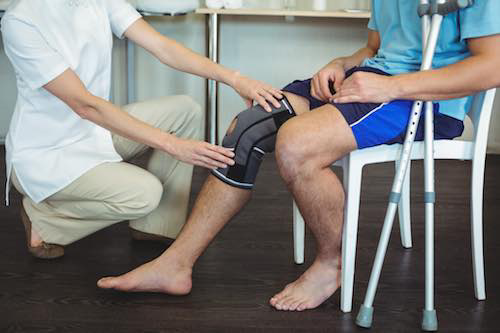To optimize the result of your operation, your surgeon should propose pre-surgical therapy. According to statistics, starting physiotherapy a month or so before a surgical procedure can significantly reduce the recovery.
Planning for surgery can be stressful, but a pre-therapy regimen could be beneficial to help you relax. Pre-therapy treatment regimens give you whatever you require to be as technically and emotionally ready for your operation as feasible.
Following are some benefits you can reap from undergoing pre-rehab therapy:
- Pain is Lessened
Pre-therapy can help you recover from surgery with less pain. Dry needling, water treatment, workout, and manual therapy are some of the modalities that can be used to achieve this.
- Reduced Recovery Time
Pre-therapy makes the surgical procedure go more smoothly. Before surgery, possessing powerful and developed muscles makes it a lot easier and faster to return to your regular schedule.
- Enhanced Results
Pre-therapy, according to the American Physical Therapy Association (APTA), can substantially boost surgical results and potentially save money if everything goes well. If you develop your muscles before surgery, your surgery will be a more fruitful and quicker healing process.
- Minimized Surgical Problems
Tailored activities are included in pre-therapy to assist you in improving your stamina and tolerance. As a consequence, your immunity may be enhanced, lowering your risk of infection following surgery.
- Improved Endurance
Any surgical operation will cause a loss of energy as your body recovers. Pre-therapy, on the other hand, can contribute to a reduction of the strength lost by improving your stamina before the procedure. As a result, the healing process will be significantly easier because less energy will be lost.
- Probability of Averting Surgery
Pre-therapy therapy can often completely prevent the necessity for surgery. Though this isn’t always the case, certain patients have discovered that their pre-hab procedures effectively avoided their surgery.
You may be able to avoid invasive procedures if your pre-therapy therapies are effective in reducing your pain and increasing your mobility.
If your health improves significantly after you begin therapy, you should speak with your doctor about ongoing alternative treatments and the likelihood of averting the unneeded operation.


